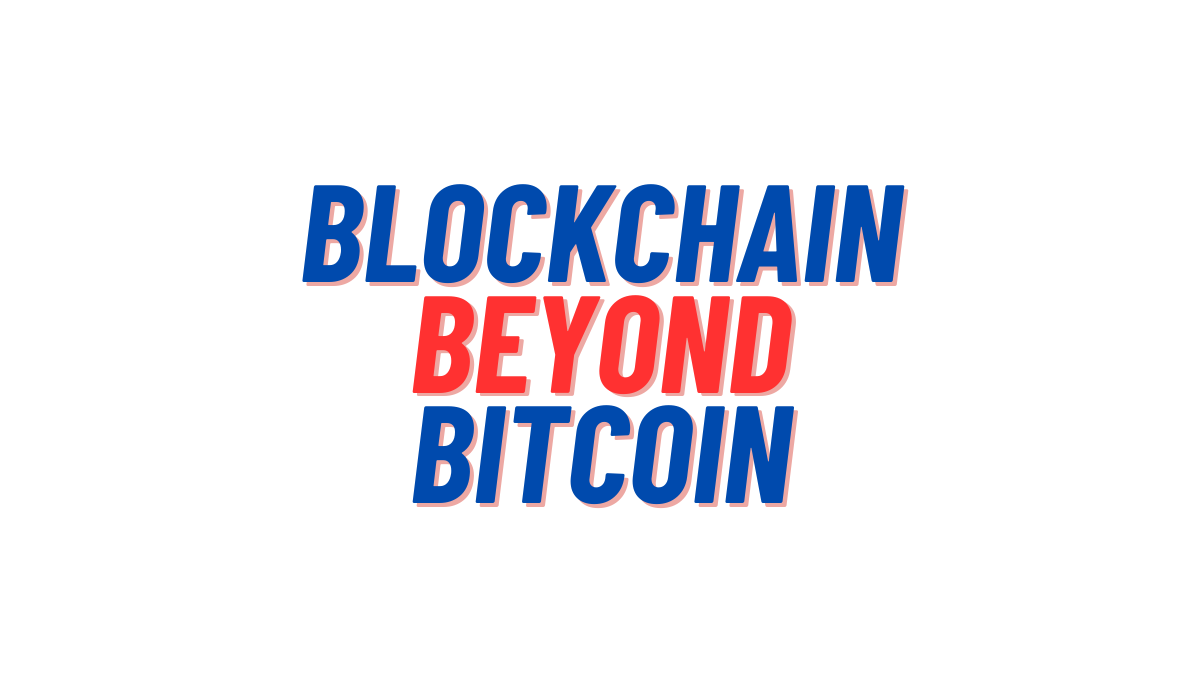Introduction: Blockchain technology burst into the mainstream with Bitcoin, but its potential extends far beyond cryptocurrencies. In recent years, businesses, governments, and innovators have been exploring how blockchain can revolutionize various industries and solve critical challenges. In this article, we’ll dive deep into blockchain’s real-world applications, exploring the impact it’s having on diverse sectors and the implications for the future.
Blockchain Fundamentals: Decentralization and Security
At its core, blockchain is a distributed ledger technology that records transactions across multiple nodes in a tamper-resistant and transparent manner. Decentralization and security are the key attributes that make blockchain a game-changer.
Financial Services: Transforming Payments and Transactions
Blockchain has the potential to streamline financial services by reducing transaction costs and eliminating intermediaries. It’s already being used for cross-border payments, smart contracts, and tokenization of assets, making financial processes more efficient and accessible.
Supply Chain Management: Transparency and Traceability
Blockchain’s immutable ledger ensures transparency in supply chains. It allows consumers to trace the origin of products, ensuring authenticity and reducing fraud. This technology enhances accountability and helps combat issues like counterfeiting and foodborne illnesses.
Healthcare: Securing Patient Data and Drug Traceability
In healthcare, blockchain can safeguard patient data and improve interoperability among healthcare systems. Additionally, it enables the secure tracking of pharmaceuticals throughout the supply chain, enhancing drug traceability and safety.
Government and Voting: Enhancing Transparency and Trust
Blockchain can improve government processes by providing secure and transparent voting systems, reducing fraud, and ensuring the integrity of elections. It also has applications in land registries, identity management, and digital citizenship.
Energy Sector: Peer-to-Peer Energy Trading
Blockchain enables peer-to-peer energy trading, allowing individuals and organizations to buy and sell excess renewable energy directly, promoting sustainability and decentralization in the energy sector.
Challenges and Future Directions
While blockchain offers numerous benefits, it faces challenges such as scalability, energy consumption, and regulatory hurdles. Overcoming these challenges will be crucial to realizing its full potential.
Conclusion: A New Era of Trust and Efficiency
Blockchain technology is evolving rapidly, providing innovative solutions across industries. Its decentralized and secure nature promises a new era of trust and efficiency. As businesses and governments continue to adopt and adapt blockchain, we can expect to see transformative changes that extend far beyond Bitcoin, shaping our future in ways we’re just beginning to imagine.
